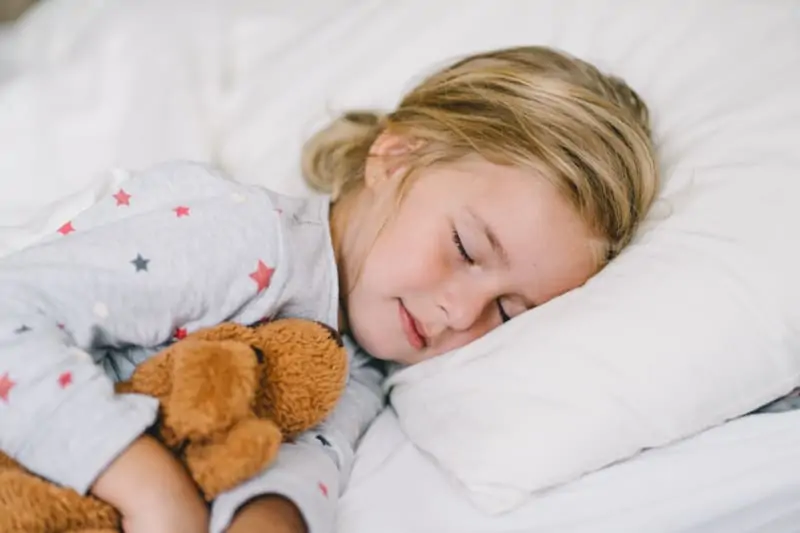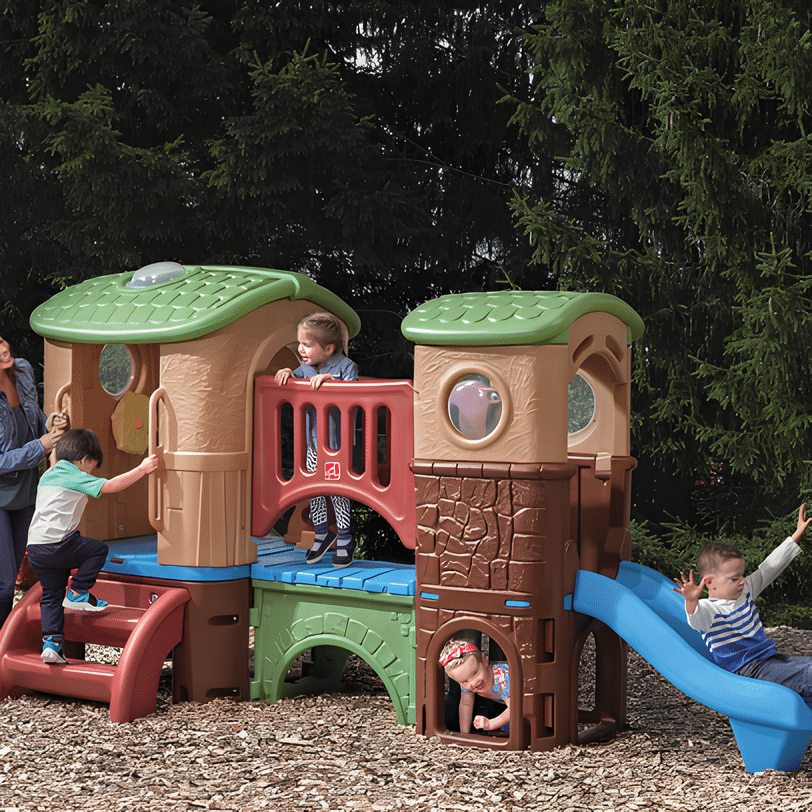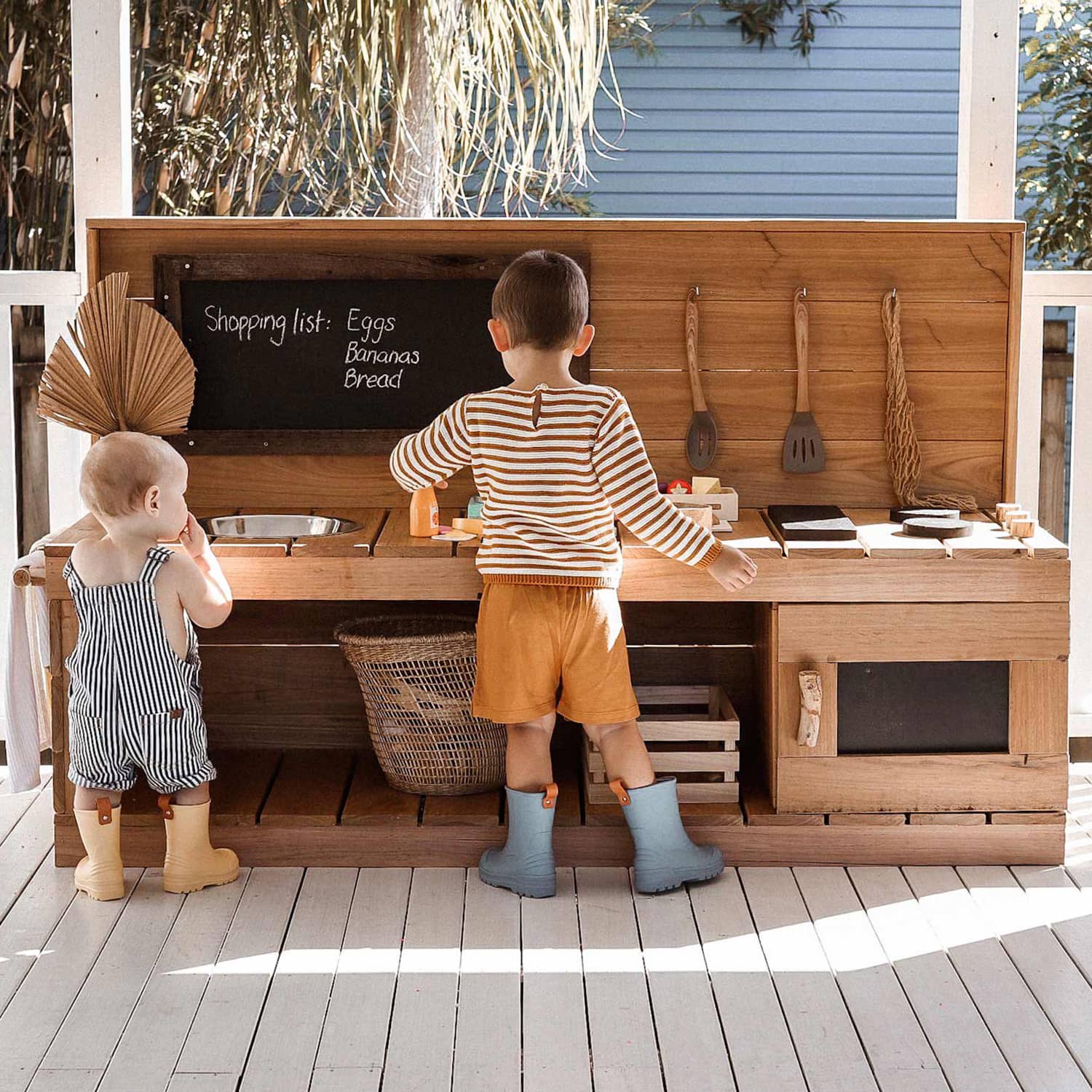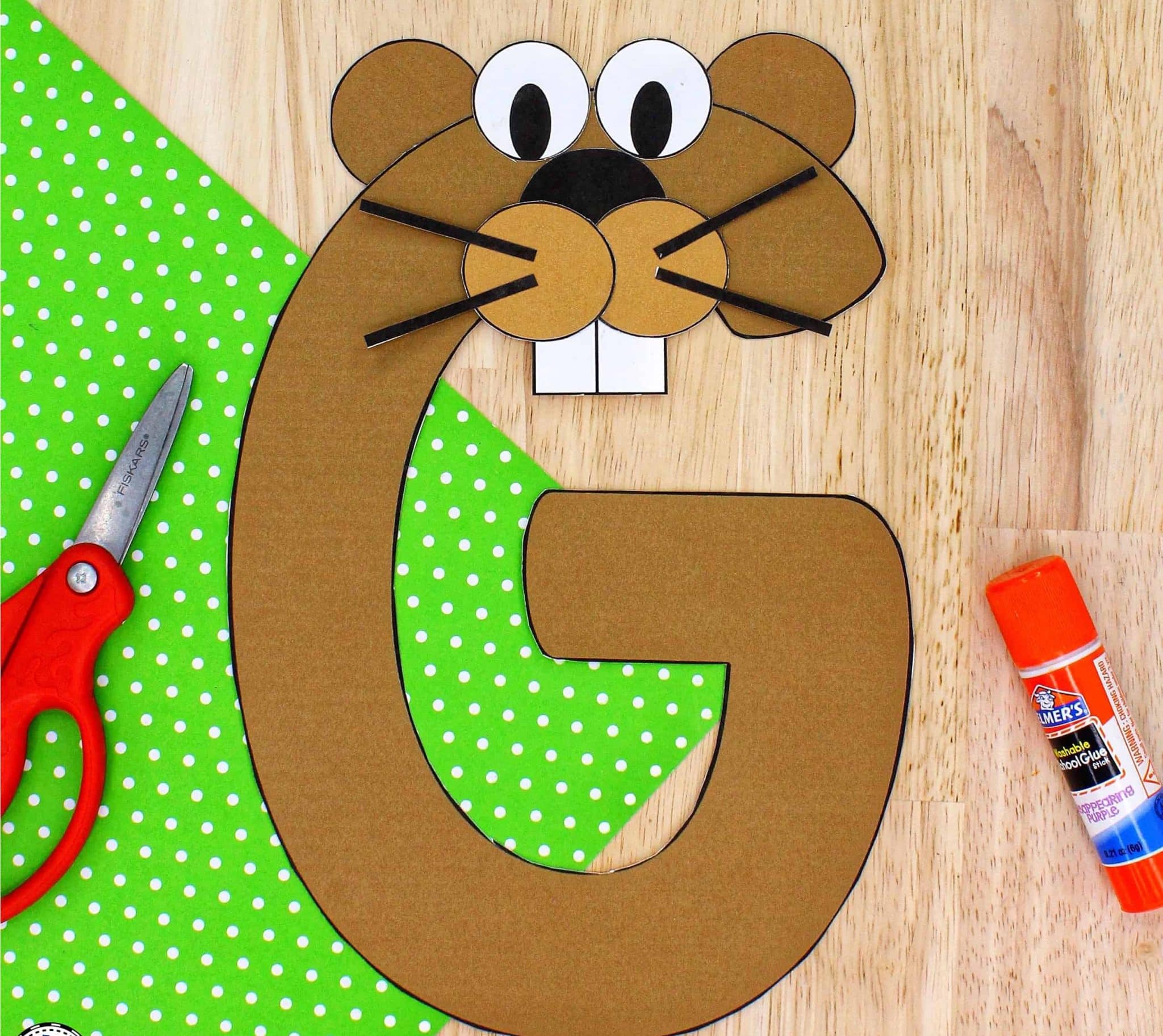
What do we think when a three-year-old comes to our mind? Either they are taking tiny steps around the home or crying their hearts out before going to preschool! Little do we think about their sleep schedule, but it is so very important and should be unmissable.
Children this age and their parents are mostly coming out of their comfort zones. Children enter kindergarten, and parents have to stay away while their child is at preschool. All of this might get all the more difficult if your child is not getting enough sleep and rest time.
But how do we sort a 3-year-old’s sleep schedule when the child is not going to bed on time? When he does not want to sleep and is having a meltdown? Not to worry, we’ve got your back!
Read this article and combat all bedtime meltdowns!
Possible Bedtime Meltdowns

Before we hop onto the solutions, we have to understand the possible meltdowns for a 3-year-old’s sleep schedule. What could they most likely say when they do not want to sleep? Let’s go:
A 3-year-old is always going to be extremely restless when it’s time for them to go to bed. They’ll be all in for hearing bedtime stories and will tightly cling to you for listening to another one only to escape from sleeping. Most times, the child is scared to let go of their parents and sleep alone. They will burst into tears, but you know what makes situations worse? When you start engaging with this.
We completely understand that it’s tough for you to leave your child alone when they’re having an emotional breakdown, but again, it’s important for us to understand their psychology. A child will cry even more and throw tantrums.
If you’re wondering how you can help them sleep well without ignoring their mental state, read the points mentioned below:
- The best is to pacify them by saying that you’re going to be around, giving them a good night’s kiss, hugging them tight, assuring them that you love them, and EXIT!
- Children these days are glued to digital screens, and for us to bring them out of electronic devices and make them sleep can become quite a task. To troubleshoot this, the best is to set screen time.
- Tell them if they overuse the devices, the next day, they’ll be given mobile phones much later. Snatching the devices can come across as harsh, and you do not want to give your children a tough time.
- Setting up a 3-year-old’s sleep schedule is a tough job. They might even revolt by crying out loud or jumping here and there, which might hurt them. Therefore, you must make sure that your child’s room is childproofed.
- There are no sharp cuts to any furniture; nothing is elevated to a height from which there is a fear of your child falling, heavy games or slippery objects should be kept out of your child’s reach, and medicines should also be kept in a separate place.
Setting a 3-Year-Old’s Sleep Schedule

According to the American Academy of Pediatrics (AAP) and American Academy of Sleep Medicine (AASM), a 3-year-old’s sleep schedule should be limited to around 13 hours in 24 hours a day.
However, it highly depends on the child’s mood, activity, and if he looks like he’s tired. Some children remain fresh after 11.5 hours of sleep. Thus, it all varies from one child to another.
Studies from the American Academy of Pediatrics show that about 20-50% of children are affected by sleep disorders. A child sleeping peacefully can suddenly show a sleep disorder due to hyperstimulation of their senses. Therefore, it is a very common disorder among 3-year-olds’ sleep schedules, but you must do something about it immediately.
Follow the suggestions given below to make your 3-year-old sleep tight:
- Ideally, you should divide this sleep time into two so that your child gets enough sleep at night and a nap in the afternoon. For example, you can call it a day for your child at 8 pm in the night and wake them up at 7 am in the morning.
- Once they’re back from their kindergarten, you can allow them for an afternoon nap for about 2 hours. Allowing a child to sleep for more than 2 hours can disrupt their sleep at night!

- Even though most children are tired until the afternoon, especially after coming from preschool, there are children who have dropped the idea of afternoon nap entirely. This is nothing to worry about; if your child is energetic in the afternoon and wants a power nap in the early evening, it’s alright!
- If your 3-year-old’s sleep schedule does not make them sleep in the afternoon or your child resists sleeping in the afternoon, you should plan an activity that is relaxing and permits them to have a rest time.
- You can read out their favorite book, make them paint or draw something, or solve a puzzle. Anything that requires a little attention mentally will make your child get tired easily, and in no time, you’ll see them taking a nap.
1. Train Your Kid to Sleep Early

Yes! You can do that. Have you heard of Classical Conditioning Theory? Let’s explain it to you. This is Pavlov’s theory which experimented with dogs. What he did was, he used to ring a bell every time before feeding his dog.
Each time he would ring the bell, the dog would come running, knowing that he was going to get food. Now, this one time, he did ring the bell but did not give food to the dog. He started to salivate gradually. What is our takeaway from this?
The theory basically says that the dog learnt that there is a neutral stimulus (ringing the bell) attached to food makes the dog expect food every time when the bell is rung. Expecting food every time becomes a conditioned stimulus.
Same way, when you make your child sleep every day (neutral stimulus) but at 8 pm every night, this will make them sleepy at around the same time everyday and therefore becomes a conditioned stimulus.
So, you see, you can fix a 3-year-old’s sleep schedule!
2. Nap Time is Good Time!

For you to sort your 3-year-old’s sleep schedule, allowing them at least 1-2 hours of afternoon nap each day can be a good idea. However, making them sleep at the same time is crucial. Again, it’s because of Classical Conditioning.
You need to understand a child’s psychology. They feel tired when they come back from preschool or kindergarten, however, if they resist sleeping, forcing them to take a nap can make them even more cranky. The whole motive is for them to have a relaxed time without stimulation.
You can plan activities for them where they can listen to you reading books, solve a puzzle with them, or just give them a hot water bath. A hot water bath works wonders to make anybody feel relaxed.
It’s highly important for you to be calm, composed, and consistent.
Nighty Night, Sleep Tight!
While trying to fix a 3-year-old’s sleep schedule, let’s not forget that they’re our delicate darlings. Let’s not be harsh at them and force them to sleep. Remember, screaming and shouting can be all the more traumatic for the child. He or she already feels insecure and unsafe at night, and you’ll just make situations worse here.
In most cases, a consistent routine turns out to be extremely helpful to troubleshoot. In case it does not work for you, your last resort could actually be a pediatrician. Consult a doctor if you think your child is undergoing insomnia and is not being able to sleep well.
Frequently Asked Questions
What Should Be the Duration of a 3-Year-Old’s Sleep Schedule?
A 3-year-old requires at least 11-13 hours of sleep to feel energetic and avoid cranky behavior. Targeting a sleep of 11.5 hours is, however, considered ideal. You can even divide a 3-year-old’s sleep schedule into 2-3 naps.
What Time Should They Go to Bed?
Delaying more than 9 pm can reduce the duration of their sleep. The best time is for them to sleep around 7-8 pm. Your child is going to wake up super fresh at about 6-6:30 am. Keep the timing about 2-3 hours from your sleep schedule so that you can also sleep peacefully.
Why Does My 3-Year-Old Child Get Cranky Before Bedtime?
Mostly because they fear being away from their parents, the separation anxiety takes time to settle in. Sudden changes in environment, lack of proper routine, fear of nightmares, and staying alone can be some of the other reasons.
Is Ignoring Bedtime Meltdowns a Good Idea?
Completely ignoring can worsen the situation because a child is having a meltdown because they are insecure. If you completely turn your back, it might make them feel awful. The best is to give them conditions and treats. Like, you should sleep right now without any delay, and we’ll read your favorite book tomorrow while sleeping.










